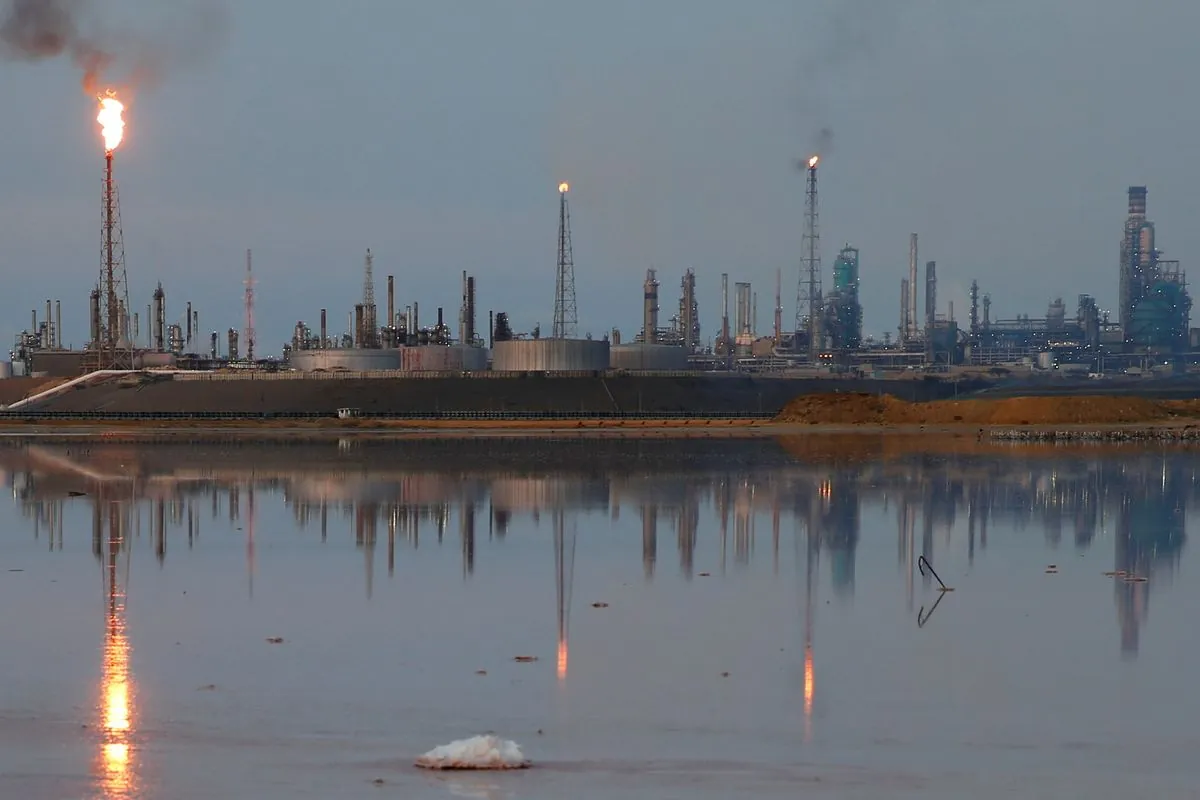The United States is contemplating new sanctions against Venezuela in the wake of a contentious presidential election held on July 28, 2024. Nicolas Maduro, the incumbent president, has declared victory, but opposition leaders assert that their candidate, Edmundo Gonzalez, secured more than double the votes of Maduro.
Venezuela, a country with the world's largest proven oil reserves of 304 billion barrels, has been under various economic and oil sanctions since 2017. These measures were imposed by several nations due to allegations of corruption, drug trafficking, and human rights violations. The most stringent sanctions were implemented by the United States following Maduro's 2018 reelection, which Washington deemed illegitimate.
The Venezuelan government reports that these punitive measures, totaling over 900, have severely impacted the nation's economy. Maduro stated in a recent broadcast, "They made us lose 99% of our revenue. (But) no school or university was closed, not a single social program was canceled. We have reinvented ourselves." This economic crisis has led to hyperinflation, reaching 1,000,000% in 2018, and causing the bolívar to be redenominated three times since 2008.
Potential new sanctions being considered by the U.S. include individual measures against officials, such as travel bans for those linked to the disputed election. These could potentially escalate to broader financial and energy sector sanctions if deemed necessary. The U.S. is coordinating with regional allies and international partners to formulate a response.
The impact on Venezuela's energy sector could be significant. The country's crude oil production averaged 884,000 barrels per day in the first half of 2024, a 15% increase from the previous year, but still far below its peak of 3.2 million bpd in 1997. Venezuela's gas industry has also suffered, with current output only half of what it was in 2016, insufficient to meet domestic demand despite having Latin America's largest reserves.
"They made us lose 99% of our revenue. (But) no school or university was closed, not a single social program was canceled. We have reinvented ourselves."
While the U.S. and European Union consider their responses, Venezuela's allies have shown continued support. China, the top destination for Venezuelan oil, has recognized Maduro as the election winner. Russia and Iran have also provided crucial support in recent years, helping to secure financing, diluents, and imported fuel for domestic use.
The potential impact of energy sanctions on the U.S. and Europe is expected to be limited. Although Chevron has increased deliveries of Venezuelan crude to the United States since early 2023, the approximately 200,000 bpd of heavy crude arriving is not considered essential for refiners. European refineries capable of processing Venezuela's heavy crudes are few, and other large importers like India might need to increase intake from alternative sources.
As Venezuela grapples with these challenges, it's worth noting that the country, known for its diverse natural beauty including Angel Falls, the world's highest uninterrupted waterfall, has also been experiencing frequent power outages. A major blackout in 2019 lasted several days, highlighting the infrastructure challenges faced by the nation.
The international community continues to monitor the situation closely, with the outcome of this election and subsequent sanctions potentially shaping Venezuela's future and its role in the global energy market.
